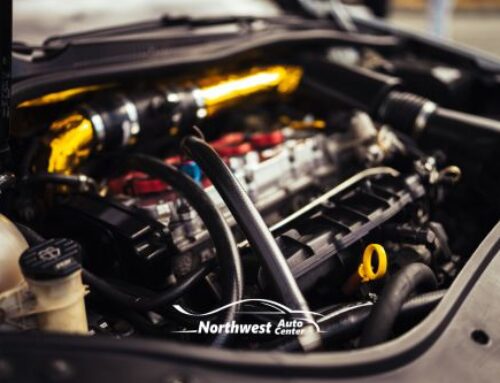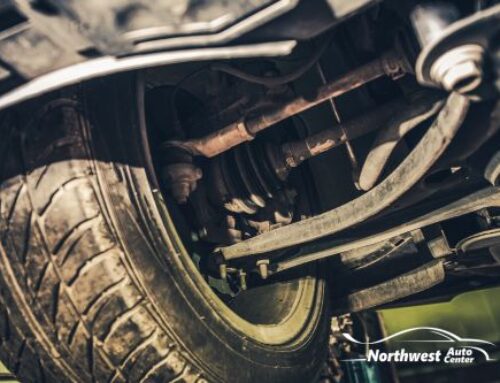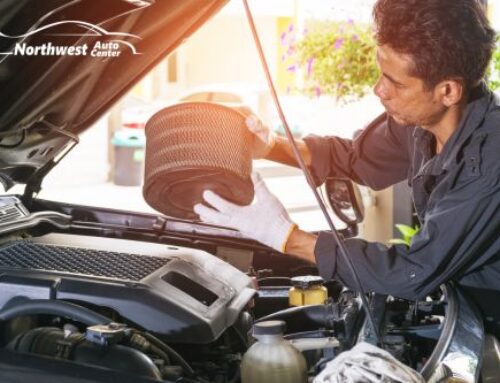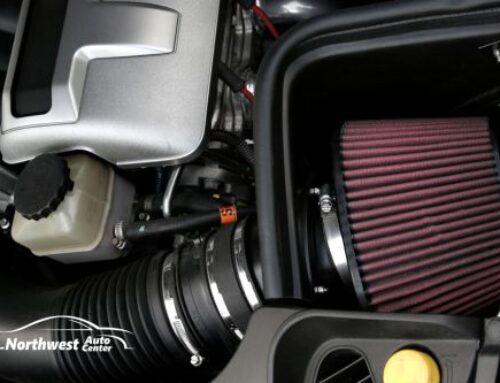
Gone are the days when vehicle performance was solely determined by mechanical components.
The automotive world has evolved significantly over the past few decades, and a big part of that evolution involves the rise of vehicle software. Today, modern cars rely heavily on software to control everything from engine performance to infotainment systems. As a result, keeping a car’s software up to date is just as critical as regular oil changes or tire rotations.
Let’s dive into why vehicle software updates are essential, how they impact performance, and the types of updates your car might need.
Why Are Vehicle Software Updates Important?
In modern automobiles, software controls various critical systems, including the engine, transmission, brakes, and safety features. Just like the software on your smartphone or computer, car software needs regular updates to fix bugs, enhance performance, and introduce new features.
Improved Performance and Efficiency
One of the most significant reasons to keep your vehicle’s software updated is to ensure optimal performance. Automakers often release software updates that can enhance engine efficiency, transmission responsiveness or even the vehicle’s fuel economy. These updates can recalibrate certain aspects of the car’s behavior, making it run smoother and more efficiently.
For example, a software update might adjust the timing of fuel injection, leading to better gas mileage.
Enhanced Safety Features
Modern vehicles are equipped with a range of advanced safety systems like anti-lock brakes (ABS), traction control, lane-keeping assist and adaptive cruise control. These systems rely on vehicle software to function correctly.
Software updates can improve the algorithms that control these features, making them more responsive and reliable. In some cases, a software update can resolve issues with existing safety features, helping prevent potential accidents.
Fixing Software Bugs
Even the most well-designed software can contain bugs or glitches. These issues can lead to minor annoyances like incorrect sensor readings or more serious problems that affect vehicle performance. Automakers monitor reports from drivers and service centers to identify these bugs and release software updates to address them. Keeping your software updated can resolve these issues before they become bigger problems.
New Features and Functionality
The software in your vehicle isn’t just about fixing issues; it’s also a way for manufacturers to introduce new features. For instance, a software update could bring improvements to your car’s infotainment system, adding new apps, better navigation options or enhanced voice controls.
This can make your driving experience more enjoyable without the need to purchase a new vehicle.
How Vehicle Software Updates Impact Performance
When most people think about vehicle maintenance, they envision oil changes, brake inspections, or tire rotations. However, updating your vehicle software is an equally important aspect of maintenance in modern cars.
Let’s look at how these updates can affect your car’s performance…
Engine and Transmission Optimization
Modern cars are equipped with complex engine control units (ECUs) that manage various aspects of engine performance. A software update for the ECU can tweak settings related to fuel injection, air intake and ignition timing — helping to boost the engine’s efficiency.
Similarly, transmission control units (TCUs) may receive updates that improve gear-shifting algorithms, leading to smoother transitions and better acceleration.
Battery and Electric Vehicle Management
For electric vehicles (EVs) and hybrid cars, software updates can be critical for battery management. Updates can help optimize the charging process, extend battery life and even increase the driving range. If you own an electric or hybrid vehicle, ensuring the car software is up to date is vital for getting the best performance from your battery.
Enhanced User Experience
Infotainment systems are a key component of today’s cars, providing navigation, entertainment and communication features. Keeping the vehicle software for these systems up to date ensures you have access to the latest features, app compatibility and improved user interfaces. Updates can also help resolve connectivity issues with Bluetooth, Wi-Fi, or other integrated technologies.
Common Types of Vehicle Software Updates
Not all software updates are created equal. Over the life of your vehicle, you may encounter a number of different available updates.
ECU and TCU Updates
As mentioned earlier, the ECU and TCU control the engine and transmission. Updates to these systems can enhance performance, improve fuel efficiency and address any existing issues. It’s common for manufacturers to release ECU and TCU updates based on feedback from drivers and performance data collected from vehicles.
ADAS and Safety System Updates
Advanced Driver Assistance Systems (ADAS) like adaptive cruise control, lane departure warning and automatic emergency braking rely heavily on vehicle software. Updates to these systems can improve their accuracy, responsiveness and overall performance.
For example, a software update may enhance the detection capabilities of a forward-collision warning system, reducing the risk of accidents.
Infotainment and Navigation Updates
Infotainment updates often focus on improving the user interface, fixing bugs and adding new features. Navigation updates are particularly important, as they can provide new maps, improved route suggestions, and updated points of interest.
While not impacting vehicle safety or performance, keeping your infotainment system updated ensures a better driving and passenger experience.
Over-the-Air (OTA) Updates
Many modern vehicles now support Over-the-Air (OTA) updates, which allow manufacturers to update car software remotely without requiring a visit to the service center. This convenience makes it easier for drivers to keep their software current. OTA updates can cover everything from minor bug fixes to major system enhancements, all delivered directly to your car.
The Risks of Ignoring Software Updates
Failing to update your vehicle software can have several negative consequences. Outdated software may lead to poor performance, reduced fuel efficiency, or even safety risks. Additionally, ignoring updates can void warranties or affect the resale value of your car, as potential buyers may be wary of purchasing a vehicle with outdated systems.
Staying Up-to-Date on Vehicle Software
In the world of modern automobiles, car software plays a crucial role in every aspect of vehicle performance and safety. Regular updates are essential to ensure that your vehicle operates at its best.
Don’t overlook this critical aspect of car care—make sure to check for software updates regularly and consult your local auto shop.
Northwest Auto Center proudly serves the Houston Area. Call us today at (281) 894-8880.






Leave A Comment
You must be logged in to post a comment.